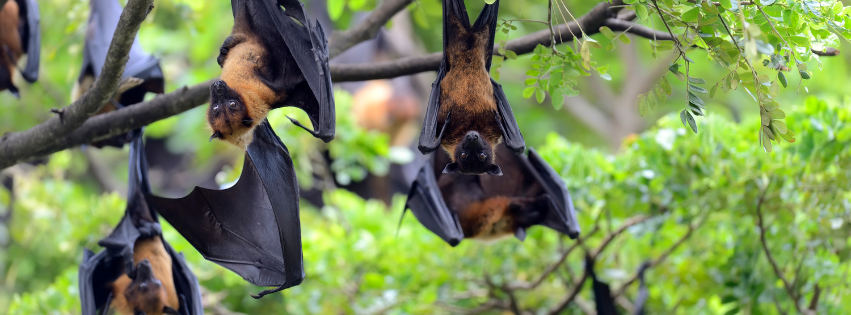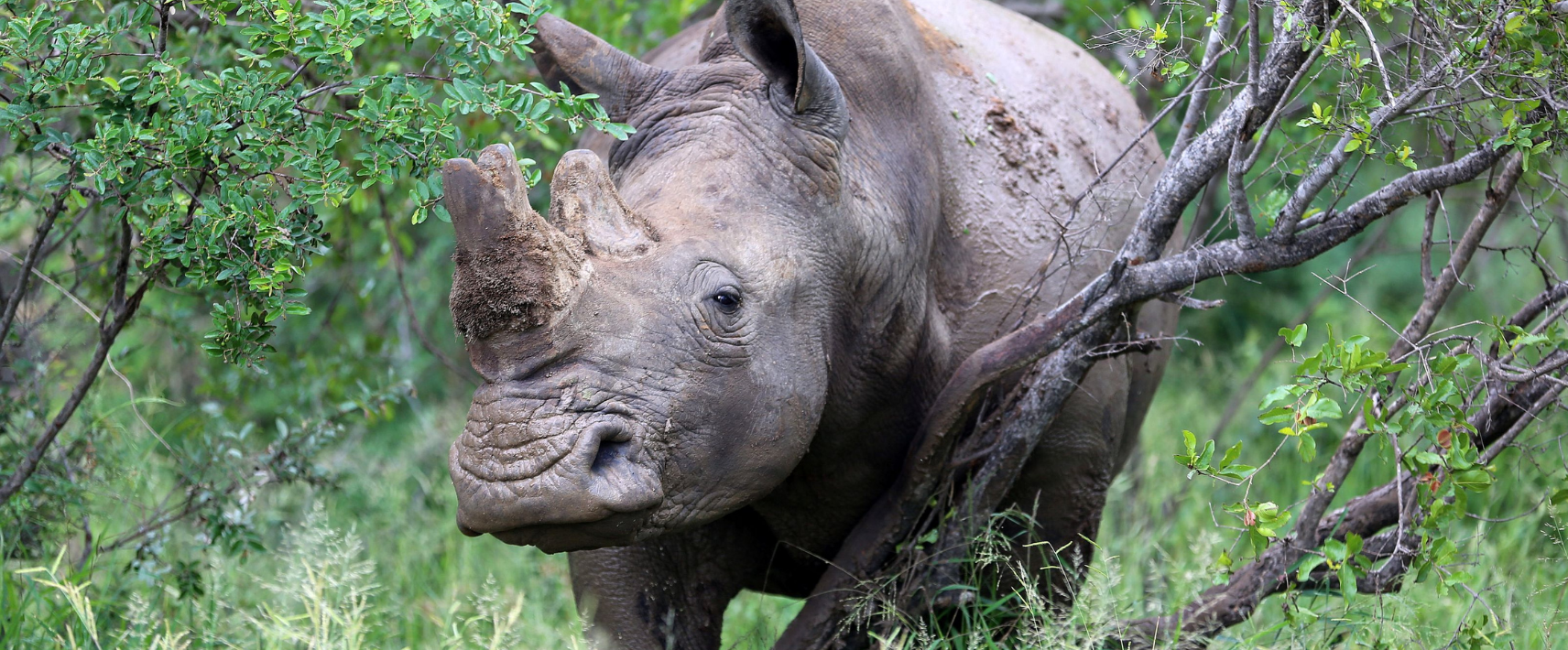SYDNEY (January 6, 2026) Humane World for Animals Australia (formerly called Humane Society International) has criticised the Crisafulli Government’s decision to reverse the former government’s phase-out of shooting flying foxes for crop protection. The animal protection charity says the move seriously undermines progress toward effective non-lethal management and brings back...
As 2019 draws to a close, I just want to say thank you for everything you have helped us achieve this year for animals.
It has been a huge year and I am so proud to reflect on just a few of the remarkable victories we won in 2019.
At long last we saw the plight of the spectacled flying-fox recognised with its status upgraded from Vulnerable to Endangered as a result of our nomination. Now we need to ensure that every effort is put into recovering the species and protecting habitat to help it withstand increasing heatwaves as a result of climate change. We also need to see increased support for the heroic wildlife carers on the front lines in times of need.
We released our report—More than just fish and ships—which makes the case for the introduction of an Oceans Act at the Commonwealth level in Australia. This detailed report sets out a vision for nationally integrated marine management with strong national, regional and global leadership through a new Oceans Authority.
We also released our recommendations for Best Practice Wildlife Trade Provisions in National Law this year, which is a companion piece to our larger report Next Generation Biodiversity Laws. These are critical reports we are using for our submission into the review of the EPBC Act which will conclude next year.
In February, as part of the Shark Champions campaign, we held the inaugural National Shark Summit in Sydney. The Summit brought together leading scientists, conservation groups, researchers, business stakeholders and policy makers to address the challenges and opportunities for shark conservation in Australia. The full report of the Summit will be available early in 2020.
This year, we celebrated not one but two wins in court ending lethal shark control in Queensland’s Great Barrier Reef Marine Park. The scientific evidence is clear—lethal shark control doesn’t make swimmers safer and it takes a terrible toll on marine life. We are delighted to be playing an important role in moving shark control out of the 1930s and into the modern era—making our oceans safer for people and animals!
We saw four Threatened Ecological Communities nominated by HSI listed under the Environmental Protection and Biodiversity Conservation Act 1999 (EPBC Act) this year. We are very proud to now be responsible for nominating nearly 40% of the threatened habitats recognised under our national environment law. The conservation attention and opportunity for targeted recovery action unlocked by these listings is vital to their survival.
We also nominated the Grey Skate, Whitefin Swellshark, Australian Longnose Skate, and Narrow Sawfish for increased protections—all of which are at serious risk as a result of being killed as bycatch in commercial fisheries.
At the Convention on International Trade in Endangered Species meeting we succeeded in getting countries to support the uplisting of giraffes which will afford them greater protections from trade in their parts. At the same meeting we also saw the majority of countries support a decision which will end the cruel capture of wild baby African elephants from Zimbabwe, Botswana and Namibia for export for entertainment venues and zoos.
This year also brought a very welcome end to animal testing for cosmetics in Australia as the Senate passed the Industrial Chemicals Bill 2017. Passage of the bill was made possible thanks to an agreement reached with HSI which saw the Government commit to 11 substantial reinforcing measures to ensure that all cosmetic ingredients are captured by the ban, together with funding to support the development and uptake of modern non-animal test methods. This effort came after years of work from HSI Global and our #BeCrueltyFree Australia campaign partner Humane Research Australia.
More retailers stepped up this year to announce their intention to source non-mulesed wool in the future—with Kmart and Target joining Country Road and David Jones. These announcements will encourage more farmers speed up the transition of their flocks to breeds which do not require this painful practice.
We welcomed 70 new members to the Wildlife Land Trust in 2019, which brings us to a total of 634 sanctuaries protecting wildlife on more than 70,000 hectares across the country.
Sadly many of these members are currently battling severe fires and we stand ready and willing to offer assistance to them and any wildlife carers needing a helping hand throughout the summer.
We hope you all stay safe and wish you the very best for a joyous festive season.
Thank you for continuing to care so deeply for animals. We hope to make 2020 an even better year for conservation and animal welfare.


